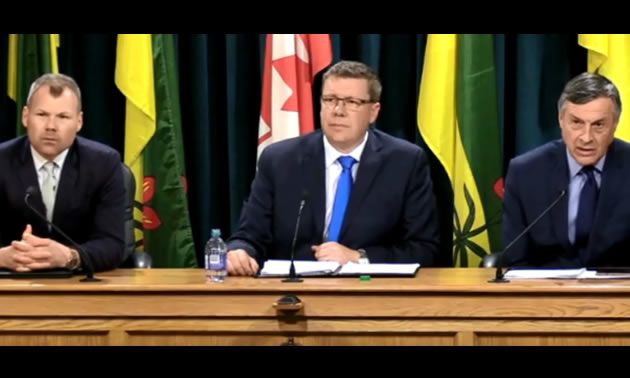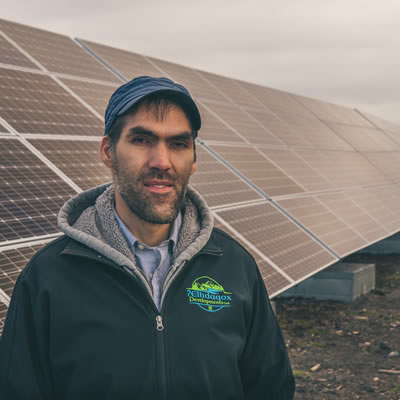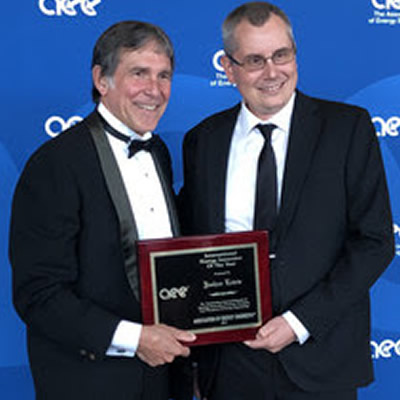Saskatchewan challenging federal government’s ability to impose a carbon tax

Saskatchewan officials announce plan to fight the federal government's imposition of a carbon tax on the province of Saskatchewan. — Photo courtesy Government of Saskatchewan
The Government of Saskatchewan launched a constitutional reference case in the Saskatchewan Court of Appeal to challenge the federal government’s ability to impose a carbon tax on the province.
The government is asking the Saskatchewan Court of Appeal to answer a clear question on the constitutionality of the legislation the federal government has introduced to impose the carbon tax.
The question is: The Greenhouse Gas Pollution Pricing Act was introduced into Parliament on March 28, 2018 as Part 5 of Bill C-74. If enacted, will this Act be unconstitutional in whole or in part?
“We do not believe the federal government has the constitutional right to impose the Trudeau carbon tax on Saskatchewan, against the wishes of the government and people of Saskatchewan,” Premier Scott Moe said. “We have a made-in-Saskatchewan plan to reduce emissions and fight climate change, and that plan does not include a job-killing carbon tax on Saskatchewan families.”
Justice Minister Don Morgan said the government’s constitutional lawyers believe the federal carbon tax legislation can be successfully challenged because it imposes a carbon tax on some provinces but not others based on how each province has chosen to exercise its own legislative jurisdiction.
“This runs contrary to the principle of federalism, which is one of the bedrocks of our constitutional division of powers, because it fails to respect the sovereignty and autonomy of the provinces with respect to matters under their jurisdiction,” Morgan said. “Simply put, we do not believe the federal government has the right to impose a tax on one province but not others just because they don’t like our climate change plan.”
Under the constitution, each level of government is sovereign within its own legislative realm. Provinces are not subsidiaries of the federal government. Provincial governments have the authority to set policy in areas of provincial jurisdiction, and the federal government does not have the right to override that provincial authority.
The Government of Saskatchewan released Prairie Resilience: A Made-in-Saskatchewan Climate Change Strategy in December 2017. The strategy includes the development of sector-specific output-based performance standards on large emitting facilities; increasing efficiencies in buildings by adopting the 2015 National Building Code; creating a freight strategy to improve delivery times, reducing fuel and increasing efficiency; and developing a climate resiliency model to help ensure communities are able to adapt and mitigate against the effects of climate change.
“Our made-in-Saskatchewan climate change strategy is broader and bolder than a carbon tax,” Environment Minister Dustin Duncan said. “Our plan to reduce emissions from the electricity sector by 40 per cent and methane emissions from the oil and gas sector by 40 to 45 per cent by 2030 shows we are serious about tackling climate change. Our Saskatchewan story also includes our agriculture industry that sequesters nearly 12 million tonnes of CO2 annually and carbon capture at Boundary Dam 3 that has prevented two million tonnes of carbon dioxide from entering our atmosphere. Saskatchewan is the solution, not the problem.”
“Our government will continue to stand up for Saskatchewan against the Trudeau government’s costly and ineffective carbon tax,” Moe said.




